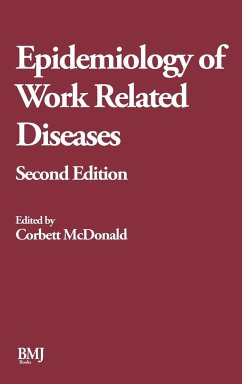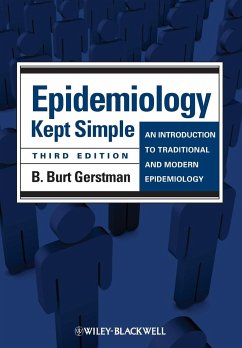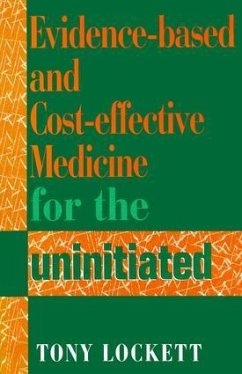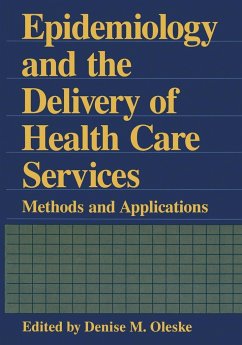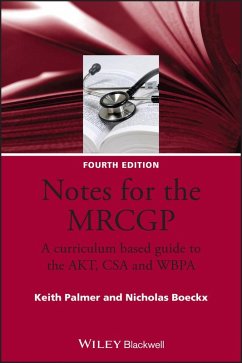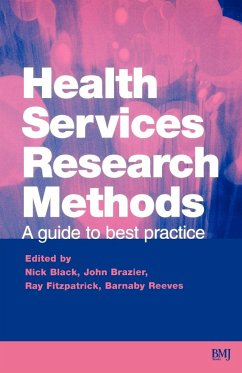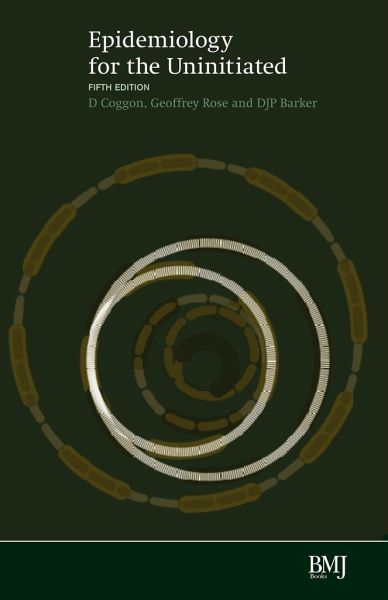
Epidemiology for the Uninitiated 5e

PAYBACK Punkte
21 °P sammeln!
This perennial bestseller is an ideal introductions to epidemiology in health care. The fifith editon retains the book's simplicity and brevity, at the same time providing the reader with the core elements of epidemiology needed in health care practice and research. The text has been revised throughout, with new examples introduced to bring the book right up to date.




